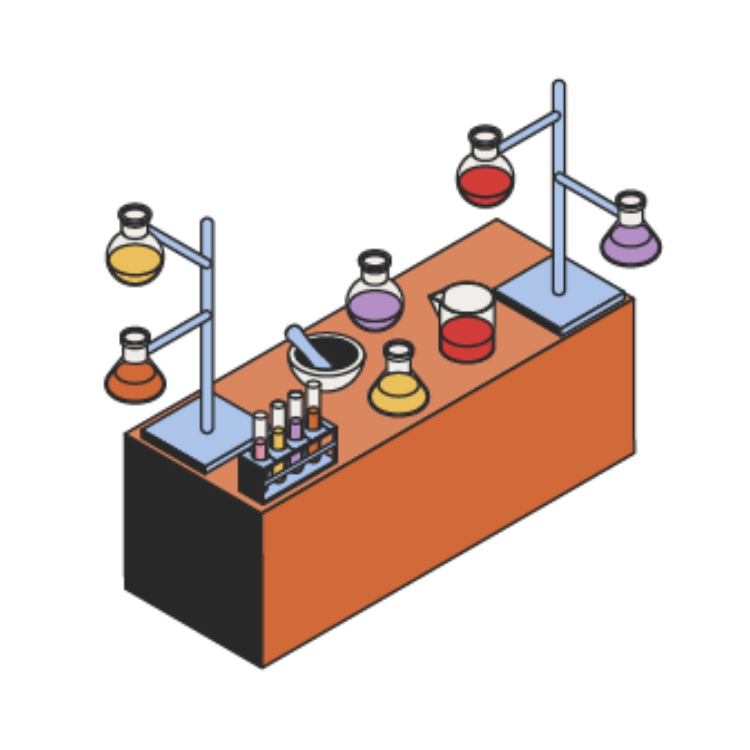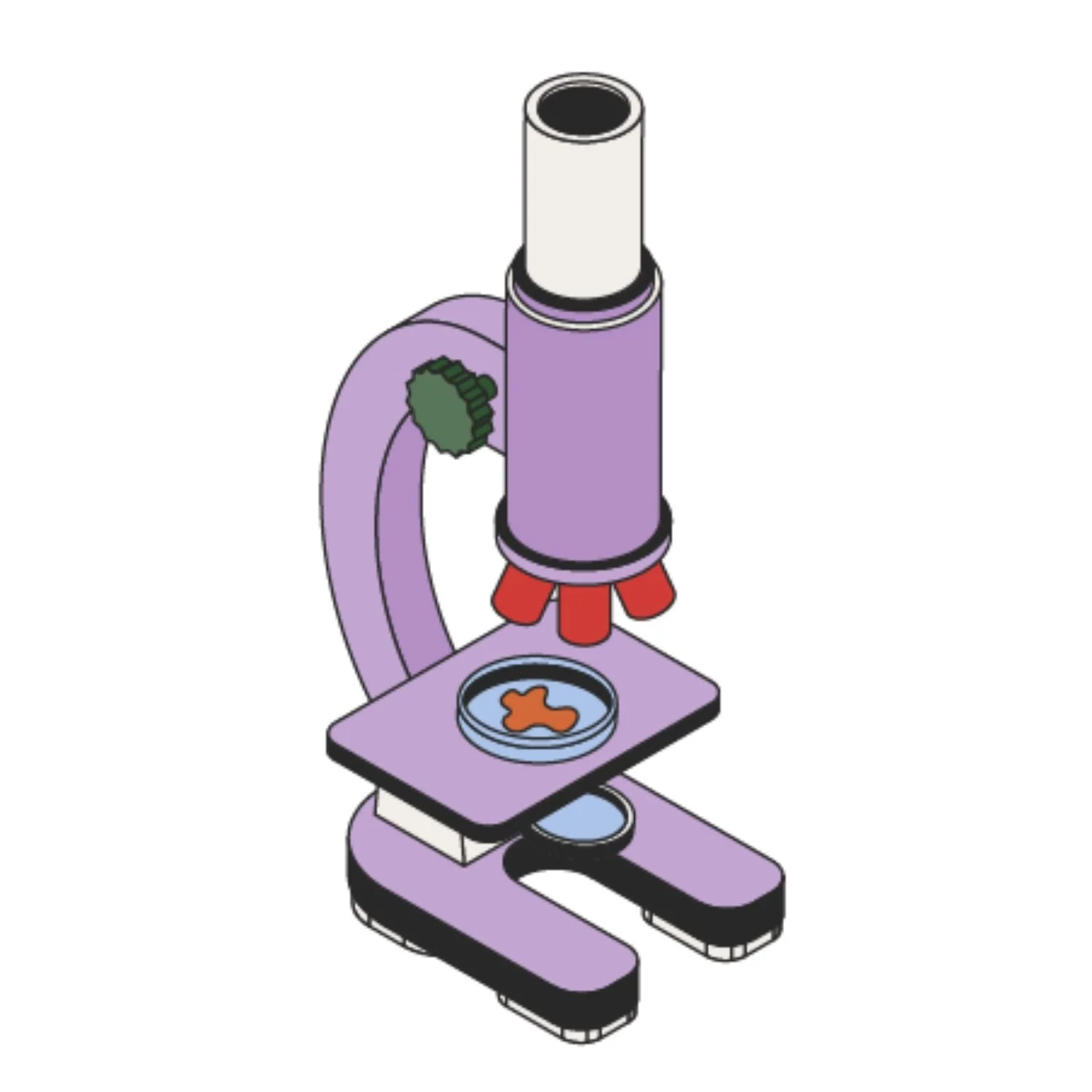Transparency in non-transparent markets
Part One of this series explores how rising global activity in cannabis-based pharmaceuticals and medical products is impacting the pharmaceutical sector and contract testing laboratories. Bringing new compounds into the pharmaceutical world is not an easy pursuit.
In cannabis, this process has often sparked critical assessment of the current standards and protocols, which is challenged by the growing need to preserve high standards for pharmaceuticals.
We collaborated with QNTM Labs, an advanced analytical laboratory based in Denmark, to produce this Hanway technical briefing. We were impressed by their dedication to research, development, and regulatory compliance services for pharmaceutical companies when mapping the European medical cannabis ecosystem.
Should cannabis companies be judged by pharmaceutical standards?
As new legal cannabis-based products are being approved for markets in various jurisdictions, it is key to highlight the versatility of cannabis as a medical product and the impact this has on production standards. Cannabis-based products are unique in that their uses have a wide range of applications spanning multiple industries such as consumer, wellness, over the counter and pharmaceuticals.
To get to market quickly, early-mover cannabis companies often gravitated towards operations that serve the consumer segment. Having less demanding regulatory requirements compared to pharmaceuticals, the consumer market incurs less of a burden in terms of time, money, and expertise to set up production.
Meanwhile, traditional pharmaceutical companies have been extremely hesitant to develop cannabis-based medicines. Even though they have a strong understanding of the necessary regulatory requirements and qualified infrastructure, these companies know the difficulties of botanically-derived products meeting regulatory and uniformity standards, while also understanding the risks and the sizeable investments needed to do so.
Building off of initial momentum in the consumer segment, early-mover cannabis companies are eager to upgrade their image and broaden their customer base by launching their cannabis-based products into pharmaceutical markets. Chasing sales, many cannabis producers rush towards the pharmaceutical industry at an expedited pace, without establishing the necessary knowledge of what it means to produce pharmaceutical-grade products and adhere to strict regulatory standards.
Contract laboratories like QNTM Labs, that provide analytical services for product development and quality control, frequently receive push back from their cannabis-focused clients regarding stringent regulations. Often producers, who are used to sending products to consumer markets, question how to interpret pharmaceutical regulations, and why they are necessary to comply with. Many producers underestimate the high knowledge barrier and investment capital necessary to set up production and register products to meet pharmaceutical standards.
Intimidated and overburdened by the cost of updating to pharmaceutical quality infrastructure, some companies find that they are unable or unwilling to adapt their existing operations and products to meet pharma-grade standards, yet they still seek to get their products in pharmaceutical markets. To do this, some producers leverage strategies of pursuing various loopholes, or lobbying authorities to reform and relax regulations.
However, this works against the genuine development and legitimacy of cannabis-based medicines, while also giving traditional pharmaceutical companies' pause from collaborating with pure-play cannabis companies. It is therefore imperative that cannabis companies invest in developing a deep understanding of the pharmaceutical ecosystem, before moving into the pharmaceutical industry.
Quite simply: You can’t play a game, if you don’t know the rules.
Suggestions for increased leniency for cannabis-based products as pharmaceuticals undermines the legitimate work being done in the R&D, testing and analytical phases which pharmaceutical companies go through to bring products to market. Pushing cannabis-based medicine into a pharmaceutical world through bypassing regulatory standards harms the credibility of cannabis companies as well as pharmaceutical companies. Lower or inconsistent standards mean bigger risks for patients, and limit doctors’ willingness to prescribe cannabis-based medicine. If cannabis-based medications are to pass through the pharmaceutical life cycle, the same testing standards and rules need to apply, as they do on every other licit medicine.
Countering Counterfeits
“The global medicine counterfeiting market is estimated to be worth up to $431 billion, with the trafficking of counterfeit pharmaceuticals overtaking other underground markets including prostitution, illicit cannabis, human trafficking and arms sales.”
Counterfeiting can be undertaken by rogue distributors that may dilute, re-label, or manipulate legally produced pharmaceutical products to obtain a larger quantity. The impacts of this trade are most pronounced in developing countries, where 10 percent of medical products are thought to be counterfeit, but the US and Europe are also grappling with how to deal with rises in ‘fake pills’.
In 2021, the DEA seized over 20 million counterfeit pills laced with the synthetic opioid fentanyl, more than double the combined total of the past two years. Robust laboratory analysis and testing plays a major role in protecting public health and safety by identifying counterfeit or adulterated products. Pfizer operates multiple anti-counterfeiting laboratories, and collaborates with global law enforcement agencies to identify their manufacturers.
Illicit cannabis-based medications pose a significant threat to public health and heavily increase levels of mistrust. Unregulated constituents in these medications continue to cause patient scepticism, doctors’ unwillingness to prescribe and regulatory turbulence in both legal and unregulated pharmaceuticals.
“We live in a world where people have an increasing demand to know what they put into their bodies, not to mention that of their kids’. We are bringing an increased element of trust and transparency to cannabis-based medicines and the pharmaceutical industry as a whole.
A doctor should never be asked to prescribe medications they don’t trust or don’t feel comfortable enough to take themselves.”
– Justin Ihnken, CEO, QNTM Labs
The vast amount of resources spent on developing, testing, marketing, producing medications in the pharmaceutical industry is second to none. On top of that, the industry is continuously battling counterfeits and putting in measures to assure product safety for patients.
The success of cannabis-based medicines and their admission into the pharmaceutical world not only contributes to the legitimacy of the cannabinoid industry, but rather helps create a redefined standard of product transparency that has long been demanded and has, for far too long, not been applied to the traditional pharmaceutical industry.
At Hanway Associates, we like to tap into deep specialist experience when gaining an understanding of the cogs that make the cannabis sector work.
Thanks to our partners at QNTM Labs for helping us explore this topic in such detail.
What QNTM had realised, was that there is a major problem facing the cannabis sector this side of the Atlantic. Lab testing standards lacked robust quality measures and operators were not working closely with customers to achieve the best results. Their CEO, Justin Ihnken states their goal as to "prove legitimacy and establish definite data for cannabis-based medicine through transparency and high-quality standards, by combining our knowledge of advanced pharmaceuticals with our exceptional capabilities in analytical lab testing and natural product research”.
A noble goal, and one that is particularly necessary for cannabis-based products, especially when minimal scientific research and lack of clear standards plague the nascent industry from overcoming historical stigmas and developing into a mature product group.
CEO and COO of QNTM Labs Justin Ihnken and Connor Jensen Murphy









